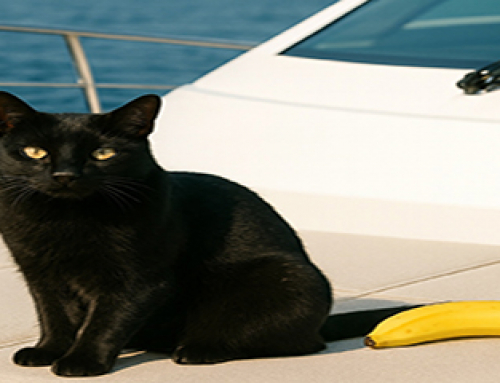Under normal circumstances, hundreds of cruise liner ships navigate and criss-cross the world’s waters each day. However, with the virus pandemic, these ocean giants are now without passengers and without destinations. Cruise companies around the world are reducing their fleets and retiring these floating cities. But how do you retire a cruise ship? Europa Marine Consultants Ltd reports.
The global pandemic has affected all sectors of life. The cruise liner industry is one such sector badly affected, with millions of people who would normally holiday aboard these vessels, now unable or unwilling to do so. Cruise liner companies around the world are reducing the number of ships in their fleets due to their ongoing running costs and profit loss. Last month one of the largest cruise companies announced plans to remove six large cruise ships from its fleet.
Prior to 2020, the cruise liner industry was booming and ships could have a seafaring life spanning decades. If a company decided a ship was no longer needed, it would simply sell the vessel on to a smaller corporation. They would then rebrand and refurbish it, with the ship continuing operations for many more years.
Even before 2020, ships were repurposed to became tourist attractions, floating hotels or museums. However, in the current global situation there is very little demand for purchasing cruise ships. Most ships will have to be “retired”.
The term “retired” refers to these large vessels being sold for scrap. A fate that is predicted to become more common for cruise liners in the wake of the pandemic.
However, scrapping a cruise ship is not a simple task. Today, most cruise ships comprise of apartments, shops, casinos, theatres, restaurants, bars, spas, swimming pools and more. When a ship has been earmarked for scrapping, its operator will first have to remove items and furniture for salvage. The cruise ship is then sailed for the last time with only a small crew to a breaking yard port in Pakistan or India. Once at the port, it is deliberately run aground on the beach where it will be slowly and systematically torn apart.
The process of scrapping is dangerous for both workers and the environment with hazardous materials being exposed during the dismantling process. The once luxurious liners now have a sad and undignified end to their sailing careers on a toxic beach.
The future of the cruise industry currently appears uncertain with reduced fleets and reduced passengers. However, cruise liner companies have a long history and all survived past health crises, wars and even changing travel habits. When the cruise industry restarts, it will likely be on a smaller scale, but hopefully essentially the same.
Whatever the size of your vessel or wherever your vessel, contact us today to find out how we can tailor our services to help you with your vessel and marine needs.
Working with The Europa Group
Our extensive expertise and understanding of each client’s individual requirements is matched by a wide range of supporting services. All our services come with the reassurance of a knowledgeable response, professional ethic and unwavering customer focus. Our experienced and dedicated marine team provides a full range of tailored services to seafarers whatever the size and wherever the vessel.






